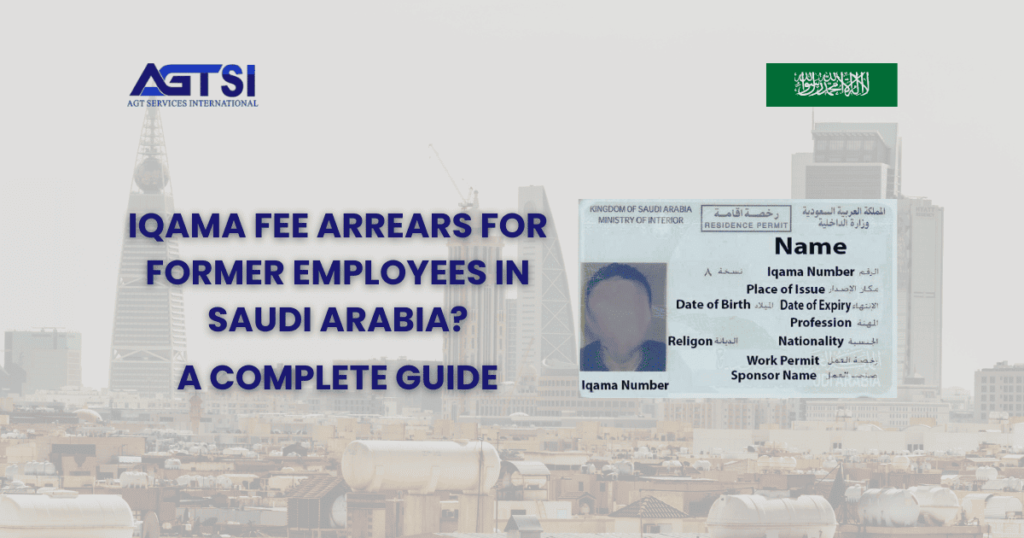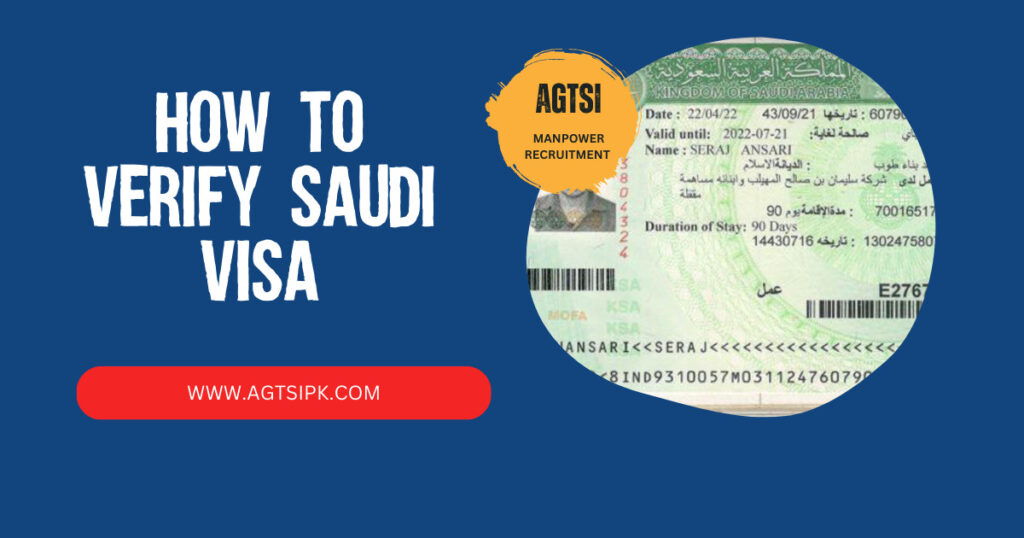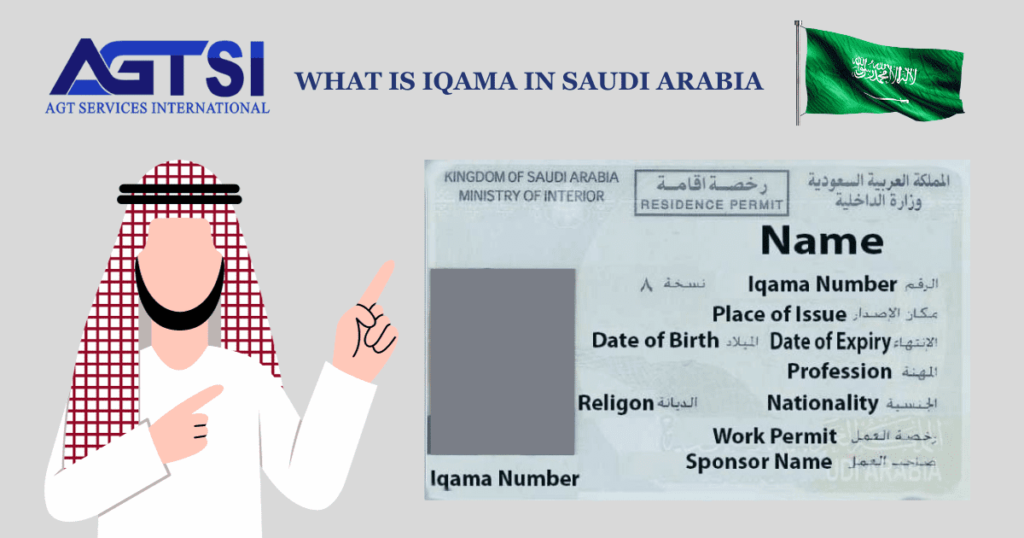Introduction:
In the ever-changing world of job changes in Saudi Arabia, it’s super important for folks from other countries to grasp the details about Iqama fee arrears. The Ministry of Human Resources and Social Development (MHRSD) recently made some changes that shake up who’s responsible for these fees when switching jobs. Today, we’ll take a closer look at these changes, walk through the steps involved, and talk about what it all means. We’re diving into this topic using the latest rules and how things are done in the working world. Ready to explore? Let’s get started!
Understanding the Iqama Fee Arrears Recent Changes:
Starting from June 9, 2022, the MHRSD has brought in some big changes in how Iqama fee arrears work when people switch jobs. Here’s the deal: businesses in the private sector don’t have to deal with the government fees connected to work permits, fees for expatriates, or fines for late residency permit renewals when their employees are switching jobs. It’s like a new set of rules for companies and employees making job changes.
Old Employer’s Responsibility:
In a significant change, the duty of paying for work permit fees, expatriate fees, and fines related to delayed residency permit renewals has shifted from the new employer to the old one. According to the updated rule, the company or establishment where an employee is seeking a job transfer is now responsible for Iqama financial obligations.
Qiwa Platform Implementation:
In order to make sure everyone follows the new Iqama Transfer rule, the HRSD ministry, using its Qiwa platform, has started making the old employers pay these Iqama fees. This step is taken to make the payment process smoother and to make sure everyone is following the updated Iqama Transfer rules properly.
Implications for Workers:
Workers should take note that this Iqama rule is relevant only for those whose job transfers occurred on or after June 9, 2022. If your work switch happened before this date, you don’t need to worry about the recent residency permit renewals changes.
The Purpose Behind the Amendment:
This new rule comes from the Ministry’s goal to help startups thrive without facing sudden financial challenges. The idea is to make sure that businesses can compete fairly while also protecting them from unexpected money issues. So, instead of putting the burden on the new employer, the government is asking the old employer to take care of certain residency permit renewals fees. This helps everyone play on an equal field and ensures that new businesses can grow without worrying too much about money problems.
Comparison with Previous Practices:
In the past, when someone changed jobs, either the new employer or the employee had to deal with the hassle of paying the leftover Iqama fees and fines. But now, things have changed for the better. The recent update ensures a more organized system where the old employer is responsible for these fees. This shift makes the whole process smoother and holds the employer accountable for their part. It’s like a new and improved way of handling things during a job switch.
Maktab Amal Fee and Iqama Renewal:
Apart from the Iqama fees, the recent updates also cover Maktab Amal fees and fines for delaying the renewal of Iqama. The latest approach clearly mentions that the responsibility for these financial duties now falls on the shoulders of the former employer.
Final Thoughts:
Understanding Iqama fee arrears is now simpler, thanks to recent updates from the Ministry of Human Resources and Social Development. This guide breaks down the new rules, highlighting how the responsibility for fees has shifted from the new employer to the old one. If you’re planning a job transfer as an expatriate, knowing about these changes is really important. It helps make the process smooth and ensures you’re following the latest rules.




















